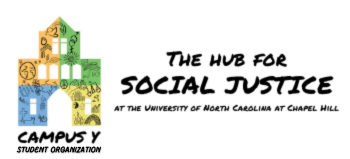On Tuesday, HYPE – which stands for Helping Youth by Providing Enrichment – had a general body meeting during which Kari Kozlowski, a sociology doctoral candidate at the University of North Carolina, came to speak about socioeconomic status and how it impacts students throughout their educational careers. The meeting was very interactive in nature; rather than give a lecture, Kozlowski elected to split everyone at the meeting into groups and work on a simulation.
The exercise involved two students named Harper and Maya; Harper was from a wealthier family while Maya was from a poorer household. Subsequently, there were significant differences between both of their academic experiences. On a basic level, Harper was able to eat breakfast, allowing her to have better focus while at school. On a more complex level, Harper was exposed to more words, particularly affirmative words, which allowed her to develop more complex language and subsequently have more confidence in talking with teachers or asking them for help. At home, Harper’s advantages continued as her parents were more readily able to coach her through her homework. At school, of course, Harper was able to utilize this advantage to demonstrate academic competence in class.
In some respects, doing an exercise instead of giving a lecture was a good idea; it surely kept more people engaged than had Kozlowski simply spouted off facts. However, I would have preferred a lecture for one important reason: it would have been more convincing. Socioeconomic status obviously plays an important role in student outcomes; there is a plethora of statistics to back this up. However, anecdotal stories like the one involving Harper and Maya can be so easily manipulated to support whatever facts one wants. I see no reason to use a story when there are surely more shocking statistics that will have more of an impact.

